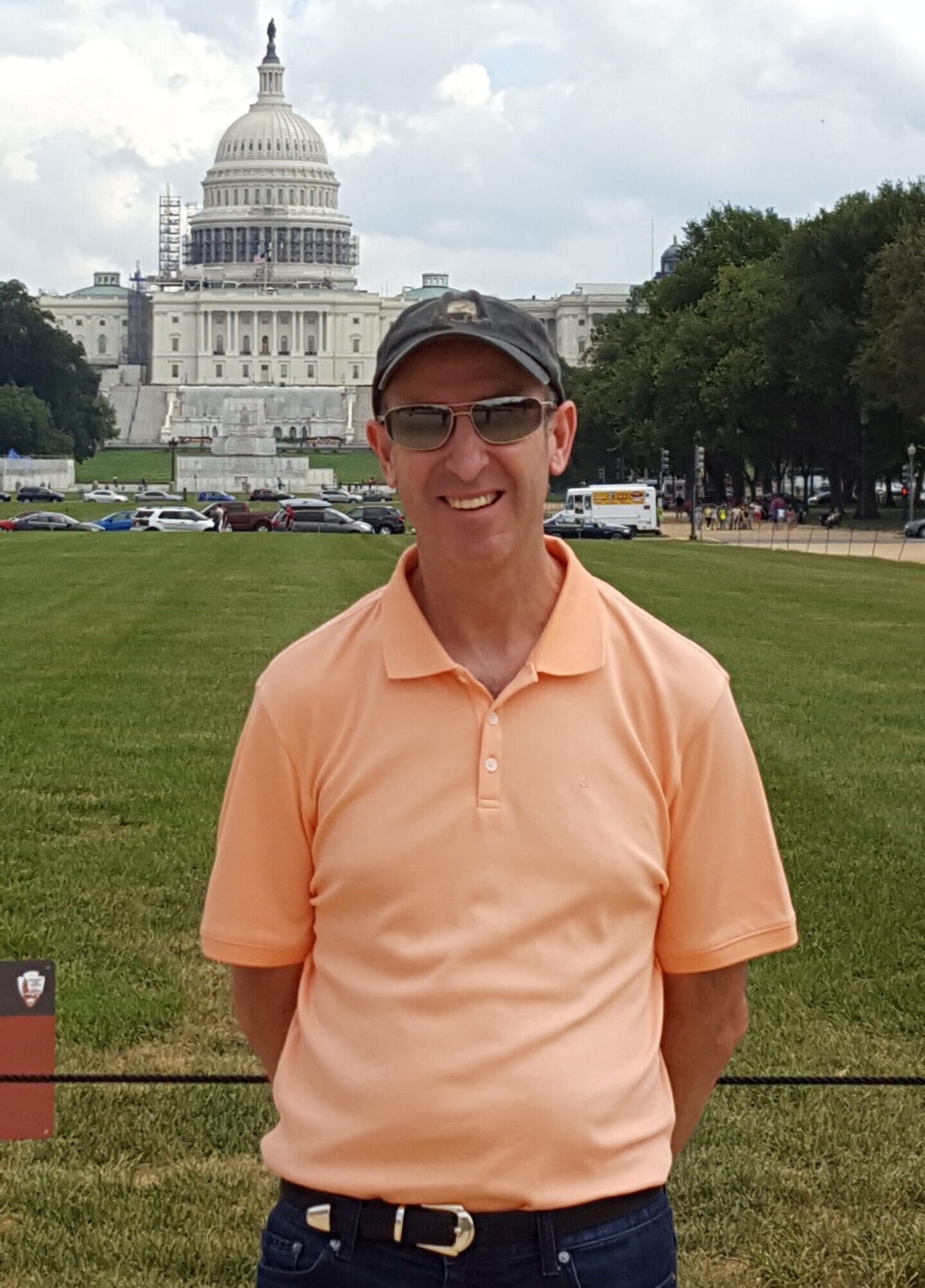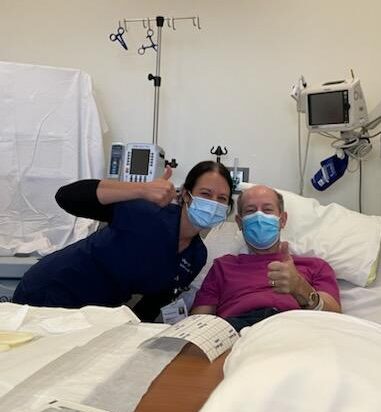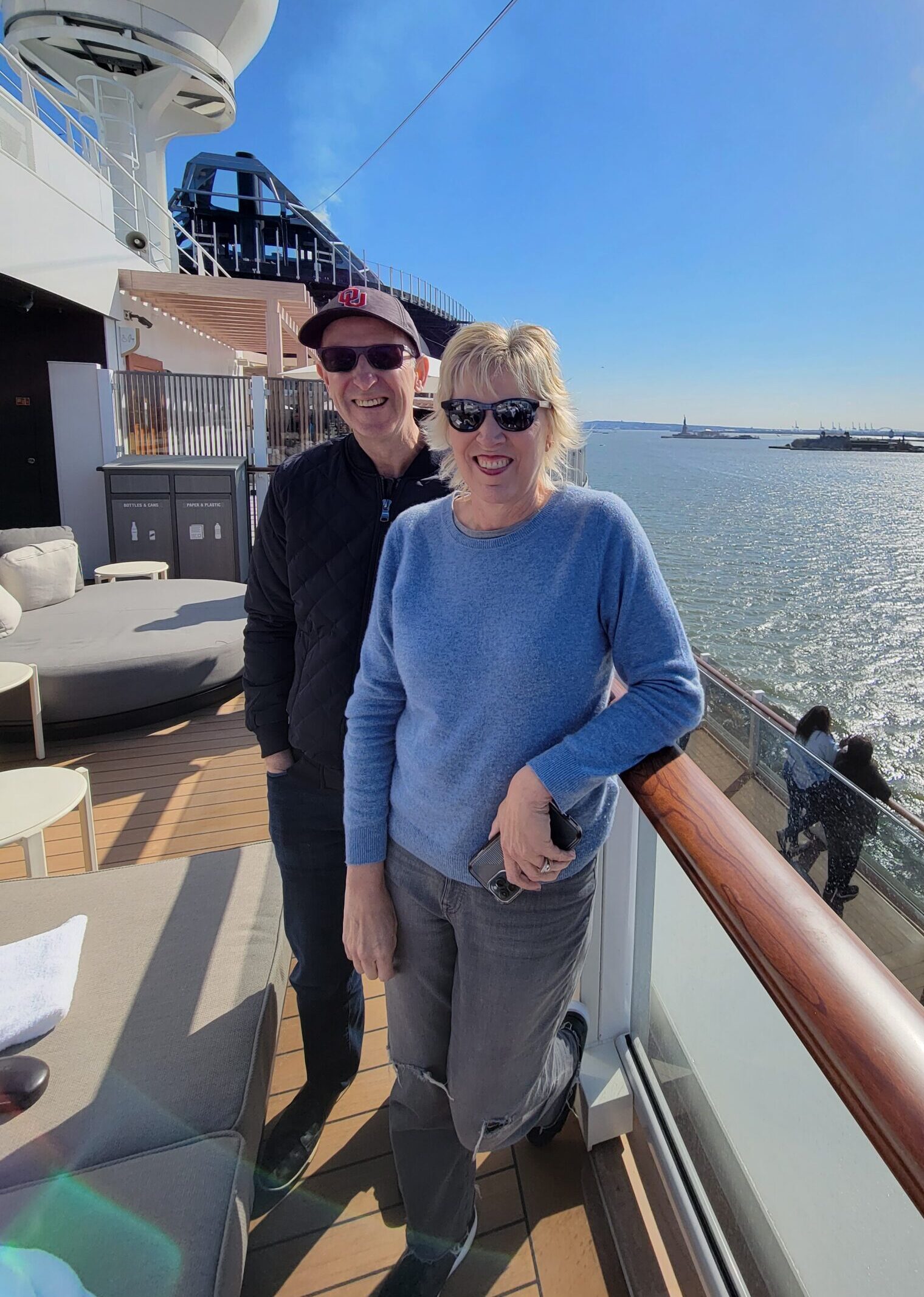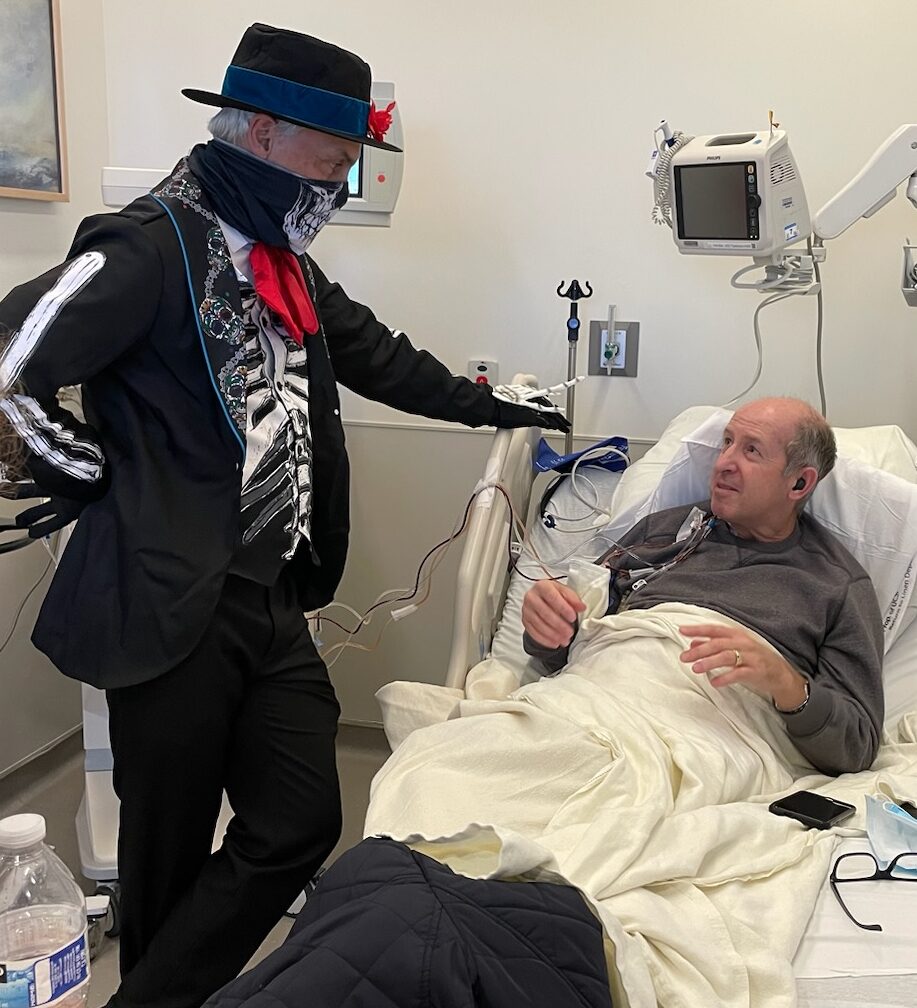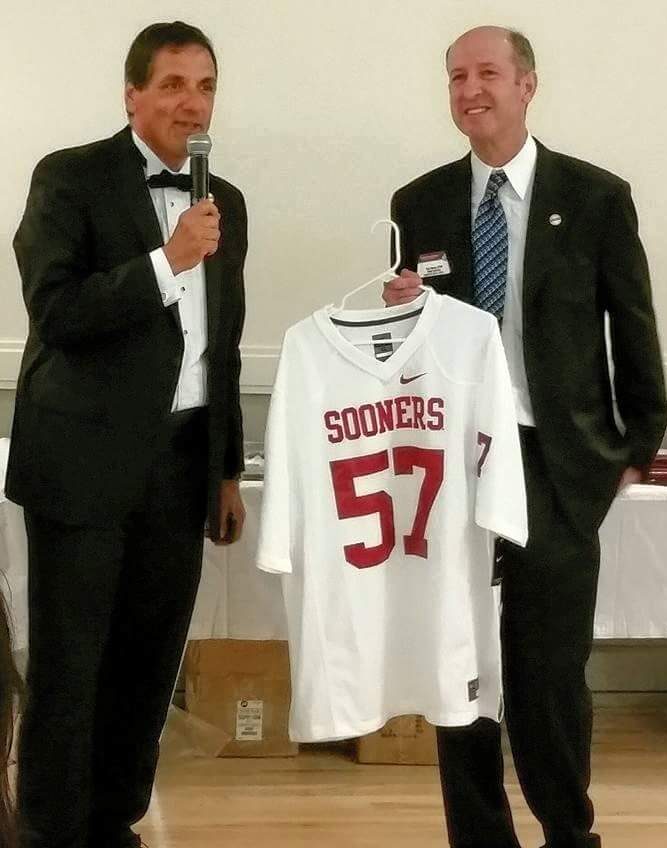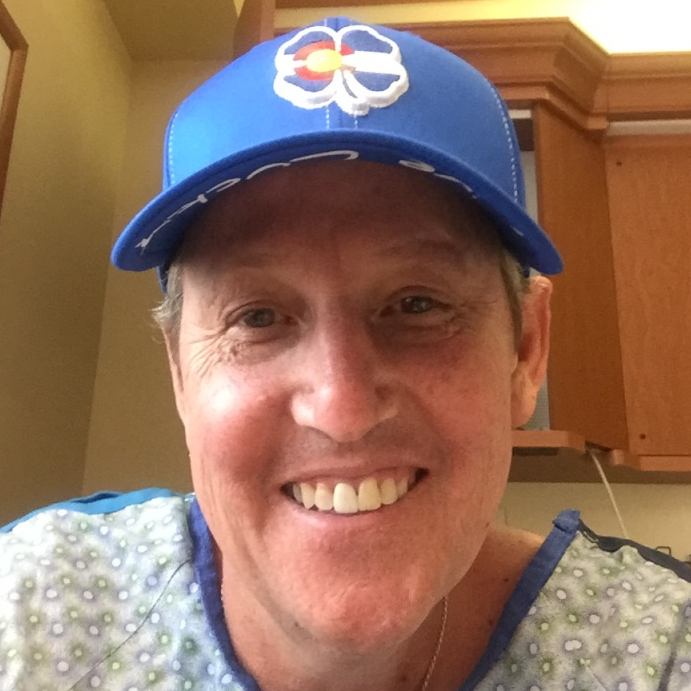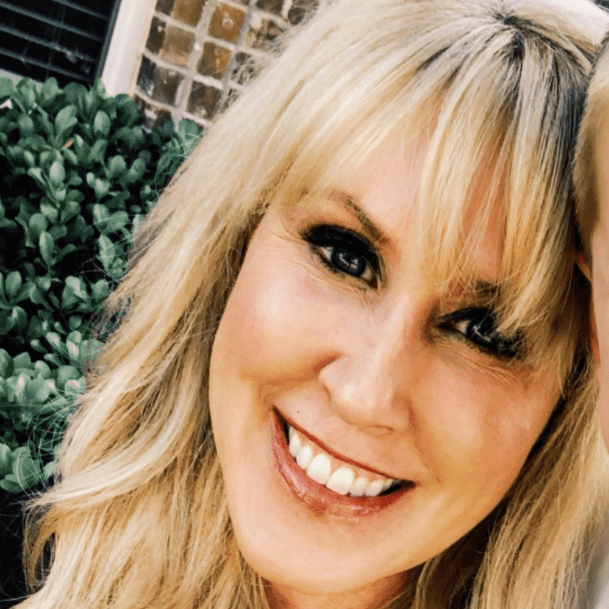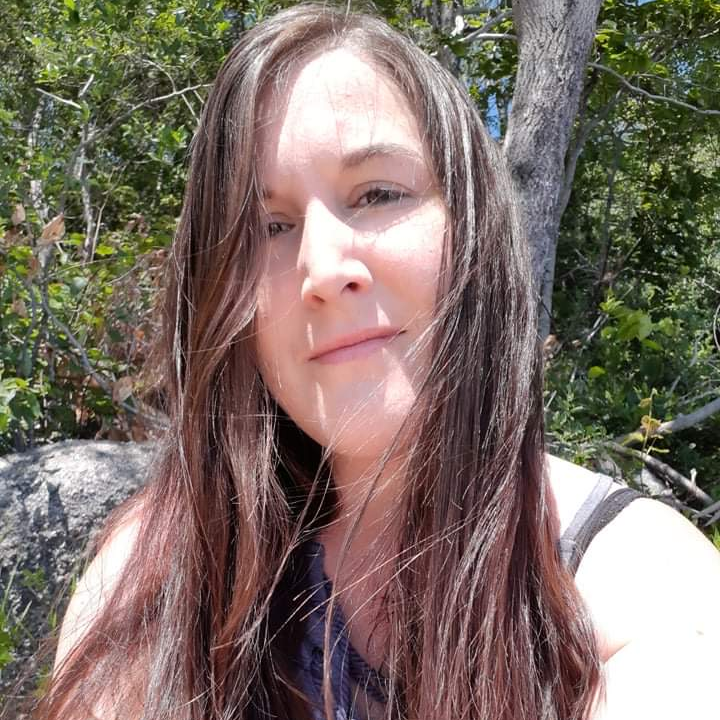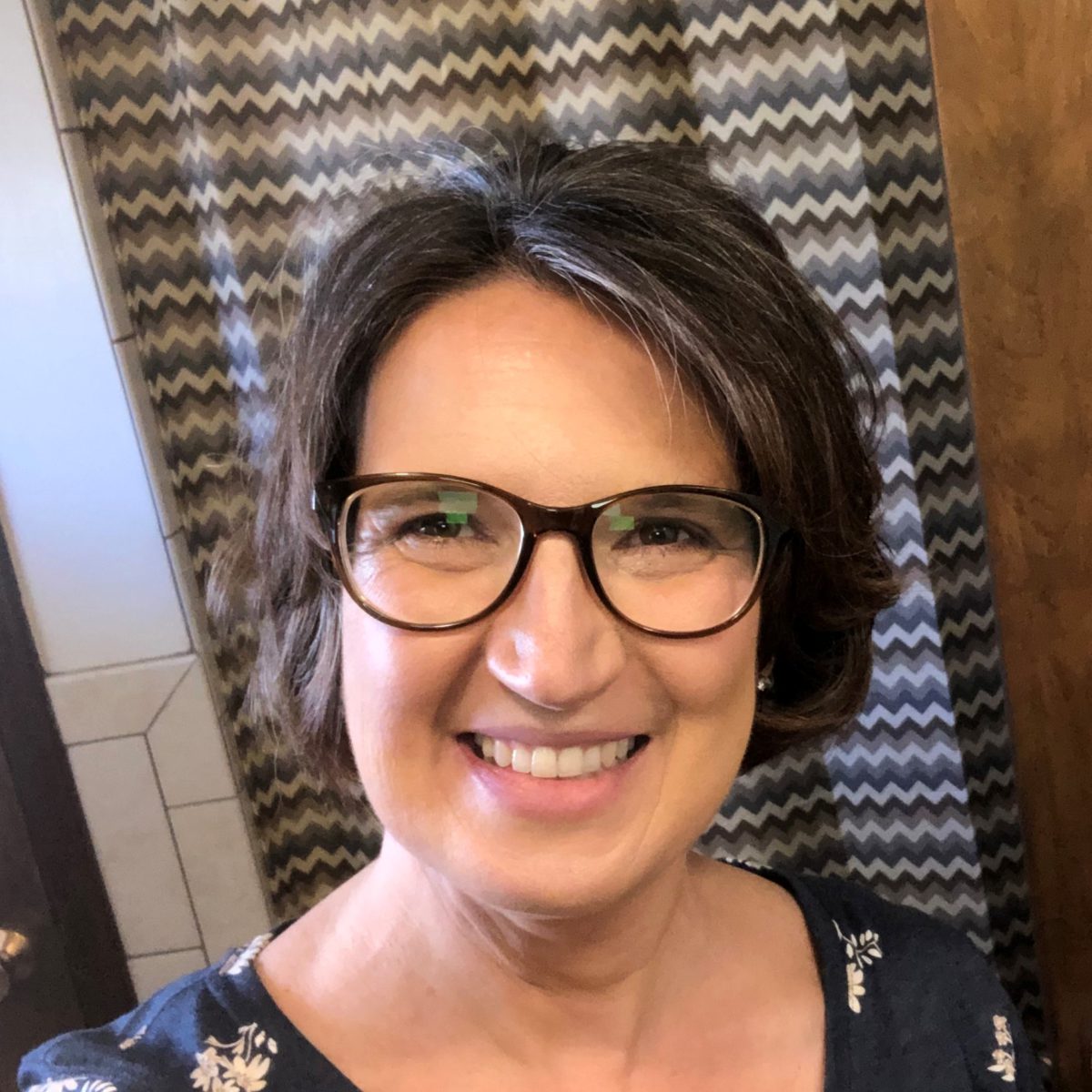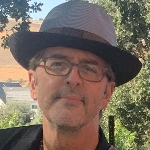Thriving with Stage 3 High-Risk Multiple Myeloma: Tod’s Experience
Tod never imagined that a routine physical would uncover stage 3 high-risk multiple myeloma and upend his life. A self-proclaimed Type-A personality, Tod was used to burning the candle at both ends — wake surfing, tackling DIY projects, and reveling in a fast-paced career. But in 2023, everything changed. He started feeling persistently fatigued and getting sick more often but dismissed it as just part of aging. His long-time doctor insisted on a blood test, which revealed an alarming spike in protein levels, hinting at something far more serious.
Interviewed by: Nikki Murphy
Edited by: Chris Sanchez
Receiving a call from his doctor while driving, Tod heard words that no one ever expects: “It could be cancer.” Shocked and in disbelief, especially considering he’d always been one of his doctor’s healthiest patients, he was quickly referred to an oncologist. Multiple tests and a bone marrow biopsy later, the diagnosis was clear: stage 3 high-risk multiple myeloma.

The initial shock was overwhelming, but Tod’s resilience kicked in. With his doctor at the UCSF Helen Diller Family Comprehensive Cancer Center guiding his treatment, Tod faced his biggest fear — needles — head-on, undergoing frequent blood tests, biopsies, and infusions. Yet, amidst these challenges, an unexpected discovery surfaced: an aneurysm that could have been fatal if left untreated. Thankfully, this was addressed promptly.
Fast forward through grueling stage 3 high-risk multiple myeloma treatments, including stem cell harvesting and a transplant, Tod’s health saw significant improvements. From having 60-80% cancer cells in his bone marrow, the numbers plummeted to just 0.12%. His energy levels soared, his appetite returned, and remarkably, he dodged many common side effects of cancer treatment — he never even lost his hair.
Today, Tod’s back to doing what he loves, namely wake surfing, building projects, and living life with an invigorated spirit. His gratitude is palpable, not just for his medical team but for life itself. Reflecting on his stage 3 high-risk multiple myeloma experience, he emphasizes the power of staying positive, being proactive in one’s healthcare, and the importance of support systems. His passion for helping others shines through on his YouTube channel, where he shares his story to inspire and inform.
Tod’s journey is a testament to resilience, gratitude, and the belief that even in the face of adversity, hope thrives. Watch the video to learn from him about:
- The phone call that changed everything — and how he fought back.
- Beating the odds: How his health improved beyond expectations.
- Life after his diagnosis: his empowering story.
- The surprising discovery that saved his life outside of cancer.
- Name:
- Tod H.
- Age at Diagnosis:
- 62
- Diagnosis:
- Multiple Myeloma (High-Risk)
- Staging:
- Stage 3
- Symptoms:
- Extreme fatigue
- High blood protein levels
- Treatments:
- Chemotherapy: induction therapy
- Stem cell transplant
This interview has been edited for clarity and length. This is not medical advice. Please consult with your healthcare provider to make informed treatment decisions.
The views and opinions expressed in this interview do not necessarily reflect those of The Patient Story.

Inspired by Tod's story?
Share your story, too!
More Multiple Myeloma Stories
Clay D., Relapsed/Refractory Multiple Myeloma
Symptoms: Persistent kidney issues, nausea
Treatments: Chemotherapy (CyBorD, KRd, VDPace), radiation, stem cell transplant (autologous & allogeneic), targeted therapy (daratumumab), immunotherapy (elotuzumab)
...
Melissa V., Multiple Myeloma, Stage 3
Symptom: Frequent infections
Treatments: IVF treatment & chemotherapy (RVD) for 7 rounds
...
Elise D., Refractory Multiple Myeloma
Symptoms: Lower back pain, fractured sacrum
Treatments: CyBorD, Clinical trial of Xpovio (selinexor)+ Kyprolis (carfilzomib) + dexamethasone
...
Marti P., Multiple Myeloma, Stage 3
Symptoms: Dizziness, confusion, fatigue, vomiting, hives
Treatments: Chemotherapy (bortezomib & velcade), daratumumab/Darzalex, lenalidomide, revlimid, & stem cell transplant
...
Ray H., Multiple Myeloma, Stage 3
Symptoms: Hemorrhoids, low red blood cell count
Treatments: Immunotherapy, chemotherapy, stem cell transplant
...
